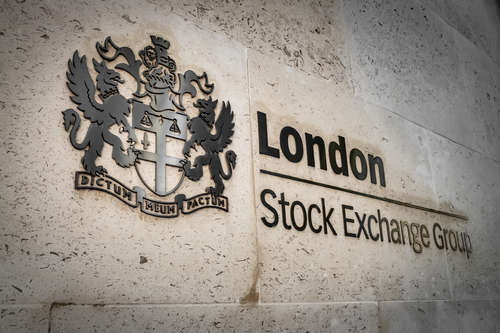What do stock markets tell us about exchange rates
International investors can make significant returns from betting in movements on national stock markets. Recent research by academics at the Cass Business School, the Bank of England and City University Hong Kong shows that average returns of up to 12% per annum are available to those allocating assets across international stock markets.
Recently completed research, conducted by academics at Cass Business School with colleagues from the Bank of England and the City University of Hong Kong, examines whether international equity investors can make money from using simple rules to allocate their cash across national stock markets. In addition the research looks at whether exchange rate movements tend to systematically reduce the returns from these international equity investments.
International equity investors attempt to make money by betting on the performance of national stock markets. A US investor, for example, might buy Japanese stocks hoping to profit from an increase in Japanese share prices. There are at least two sources of potential risk associated with this. There is the obvious risk associated with stock market movements. A drop in the market could leave the investor facing the possibility of a loss on their Japanese stock investment. A second source of risk is associated with exchange rates. The US investor measures their investment performance in US dollars. Movements in the US dollar to Japanese Yen exchange rate will affect measurements of dollar performance. For example, if the US investor's Japanese stock holdings do not change in value but that the price of Japanese yen expressed in US dollars falls, the US investor's return on his investment will be negative (even though the individual Japanese stocks have not changed in price).
The research found that average returns of up to 12% per annum are available to those allocating assets across international stock markets using simple momentum and value rules. These substantial returns are not specific to any particular set of countries or any particular time period (although the annual returns were larger before the 2008 financial crisis).
Regarding the risk posed by movements in exchange rates, the research demonstrates that, on average, such movements do not erode the profits that investors can earn from predicatable movements in international stock markets. This leaves significant returns available to investors allocating money across global stock markets when returns are measured in an investor's home currency. It also means that predictable movements in stock markets are of no use in predicting exchange rate movements.
The work goes on to show that the returns available to international investors cannot be wholly explained as compensation for bearing stock market or currency market risk and are not explained away by transaction costs. The strategy's returns are also uncorrelated with those from existing, well-known international investment strategies (e.g. FX carry) and thus may provide a nice complement to international portfolios based on those traditional lines.
To address the questions raised in this study, the researchers used a broad data set covering more than 40 markets observed over 30 years.
The research is published as a Bank of England working paper, a CEPR discussion paper and is forthcoming in the Review of Finance.
The Bank of England working paper version is available here
Staff Working Paper No. 537 What do stock markets tell us about exchange rates?
The CEPR discussion paper can be found here
DP10685 What do stock markets tell us about exchange rates?




